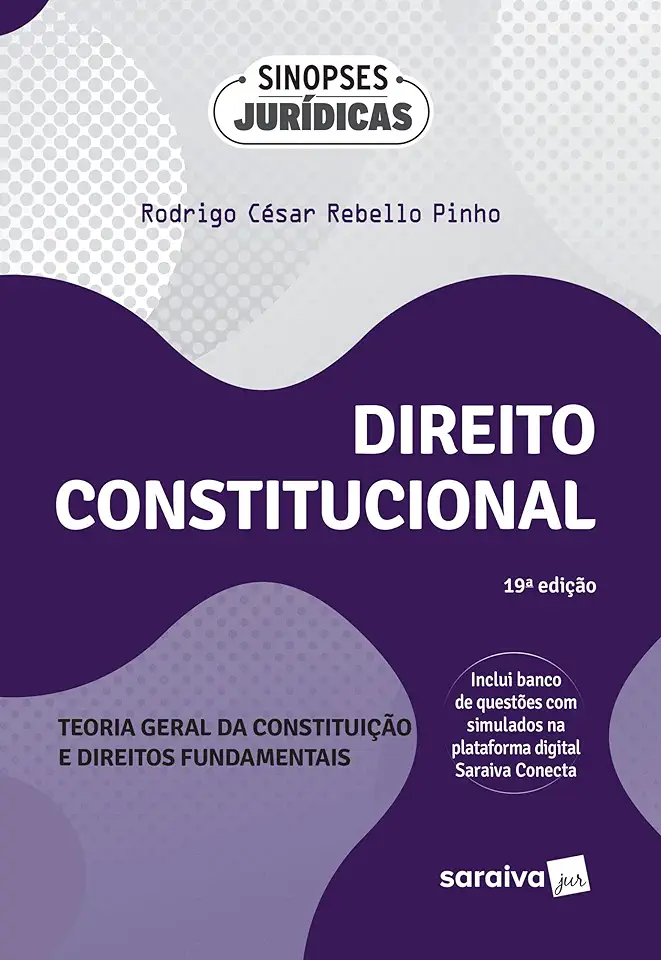
General Theory of the Constitution and Fundamental Rights - Rodrigo César Rebello Pinho
General Theory of the Constitution and Fundamental Rights: A Comprehensive Guide to Constitutional Law
Introduction
In his groundbreaking book, "General Theory of the Constitution and Fundamental Rights," Rodrigo César Rebello Pinho presents a comprehensive and thought-provoking analysis of constitutional law. Pinho draws upon a wealth of legal and philosophical sources to develop a theory of the constitution that is both theoretically rigorous and practically relevant. This book is a must-read for anyone interested in understanding the foundations of constitutional law and the protection of fundamental rights.
Key Themes
1. The Nature of the Constitution
Pinho begins by exploring the nature of the constitution and its role in society. He argues that the constitution is not simply a legal document, but rather a fundamental political and social compact that establishes the basic principles and structures of a political system. The constitution sets forth the rights and responsibilities of citizens, defines the powers and limitations of government, and establishes the mechanisms for resolving disputes and making changes to the political system.
2. Fundamental Rights
Pinho then turns to an in-depth analysis of fundamental rights. He argues that fundamental rights are not merely legal entitlements, but rather essential human rights that are inherent in human dignity. These rights include the right to life, liberty, equality, freedom of expression, and freedom of religion, among others. Pinho explores the philosophical foundations of fundamental rights and argues that they are essential for the protection of human dignity and the promotion of a just and democratic society.
3. Constitutional Interpretation
Pinho also addresses the important issue of constitutional interpretation. He argues that constitutional interpretation is not simply a matter of applying legal rules, but rather a complex process that involves balancing legal, political, and moral considerations. Pinho explores various theories of constitutional interpretation and argues for an approach that is both faithful to the text of the constitution and responsive to the changing needs of society.
4. Constitutional Change
Finally, Pinho examines the process of constitutional change. He argues that constitutional change is an essential mechanism for adapting the constitution to new circumstances and ensuring its continued relevance. Pinho explores the different methods of constitutional change, including amendment, judicial review, and constitutional conventions. He also discusses the challenges and opportunities associated with constitutional change and argues for a balanced approach that respects both the need for stability and the need for change.
Conclusion
"General Theory of the Constitution and Fundamental Rights" is a comprehensive and thought-provoking analysis of constitutional law. Pinho's work is a valuable resource for scholars, practitioners, and anyone interested in understanding the foundations of constitutional law and the protection of fundamental rights. This book is a must-read for anyone who wants to gain a deeper understanding of the complex and fascinating world of constitutional law.
Enjoyed the summary? Discover all the details and take your reading to the next level — [click here to view the book on Amazon!]